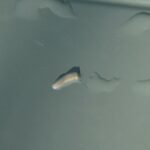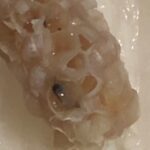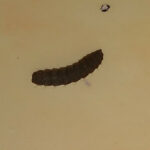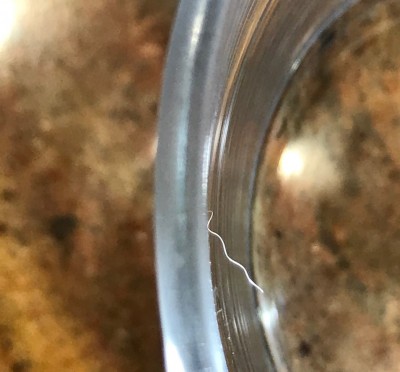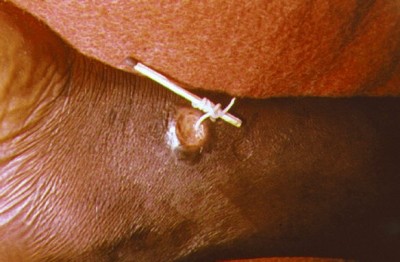So, your cat has worms and you aren’t sure what to do. First, don’t panic. Cat worms are rarely fatal. Next, if you have found worms in your cat’s food bowl, in his hair, anywhere on his skin, or emerging from his rear, take him to the vet right away. Although cat worms are rarely fatal, there is no substitute for a doctor’s diagnosis and care. So please, see your vet as soon as possible. In the meantime, please continue reading to find out about cat worms, and how to prevent them.
About Cat Worms
Your cat can have any number of parasitic worms in his system at any given time. Just a few of the different types of cat worms include the half-inch-long hookworm and the tapeworm. If left untreated, the tapeworm can reach up to a whopping three feet long and it may have as many as 90 segments. Other types cat worms include the roundworm, whipworm, and heartworm. Hookworms, tapeworms, roundworms, and whipworms live in the cat’s intestines and the heartworm lives in the cat’s heart and in the blood vessels that lead from the heart to the lungs. If left untreated for an excessive amount of time, many types of cat worms could potentially be fatal, but it is important to keep in mind that the heartworm is the most dangerous of them all.
With the exception of the heartworm, as stated earlier, cat worms is not a fatal condition. In fact, once diagnosed by a professional vet, the condition is fairly easy to treat. In some cases, your vet may be able to diagnose cat worms just by sight, and in others he will have to collect a list of symptoms, and he may even have to perform a few tests.
One of the most obvious symptoms of cat worms is the presence of the tiny creatures in your cat’s stool. In addition to finding worms in your cat’s stool, other symptoms of cat worms include:
·Change in your cat’s appetite
·Coughing and hiccupping (due to heartworm)
·Diarrhea
·Distended abdomen kittens
·Dull coat
·Inability to exercise
·Vomiting
·Weakness
·Weight loss
In addition to recognizing symptoms of cat worms, it is also important to recognize what the different types of cat worms look like. Round worms look like spaghetti and tapeworm segments look like little grains of rice. In addition to your cat’s food, cat worms can also be found in on or buried in your cat’s fur, around his anus, and around his paws (from scratching). It is not uncommon to find cat worms in your cat’s ears as well.
Fortunately, there are ways to prevent cat worms. One of the best ways to prevent a serious cat worm infection is to have your cat screened for worms twice per year. If your cat is considered high-risk for worms, you should have him screened more than twice a year. High-risk cats typically live in condensed urban areas and they usually live in a home with more than one pet. Outdoor cats are especially susceptible to worms.
Caring for a cat with worms should be done only under the care of a vet. Most non-prescription medications don’t work. Your vet will have access to a number of cutting edge preventatives that are extremely effective against the most aggressive types of parasites such as roundworm, whipworm, hookworm, and heartworm.
It is important to keep in mind that fleas are a source of certain types of tapeworms. When a cat accidentally swallows an infected flea, the tapeworms can hatch in the cat’s intestines. These types of tapeworms can also be transmitted to humans as well. Animal carcasses such as rodents and rabbits may also contain tapeworms, so if you have an outdoor cat, it will be impossible to keep your cat away from them. You may want to rethink allowing your cat to roam around freely outdoors.
It’s also a good idea to keep your cat clean and well groomed. You should also dispose of cat feces immediately. Never leave it in piles in the litter box. Whipworm and roundworm eggs can remain infectious for years, and hookworm larvae can multiply quickly in dirty litter boxes.
Again, if you notice any of the symptoms of cat worms, please contact your vet immediately.
All About Worms is always free, always reader-supported. Your tips via CashApp, Venmo, or Paypal are appreciated! Receipts will come from ISIPP Publishing.





